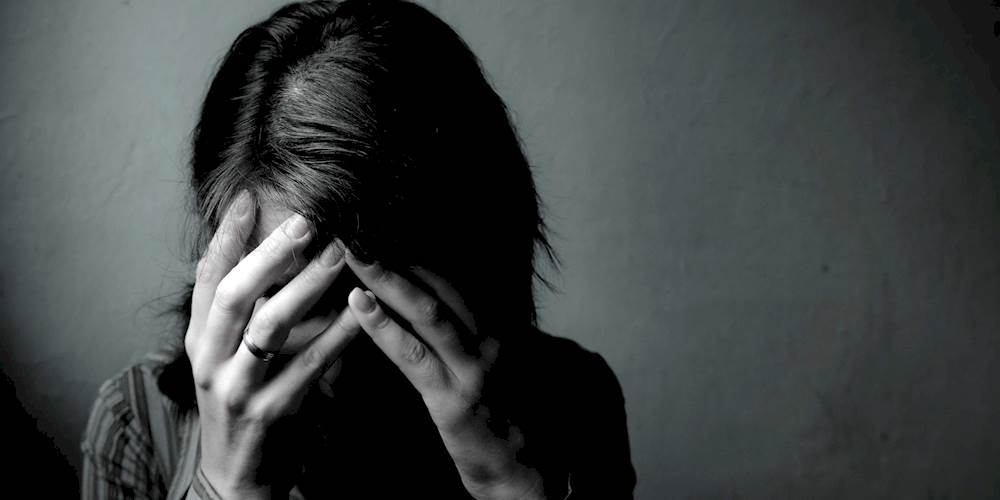By Janet Adeyemo
Mental health is a critical issue in Nigeria, where mental illness affects a significant portion of the population. However, mental health challenges in Nigeria are often stigmatized and underreported, leading to a lack of awareness, inadequate resources, and limited access to treatment.
The World Health Organization (WHO) estimates that one in four people worldwide will experience a mental health issue at some point in their life. In Nigeria, it is estimated that up to 20% of the population is affected by mental illness. Common mental health disorders in Nigeria include depression, anxiety, bipolar disorder, and schizophrenia.
Mental health challenges in Nigeria are often compounded by socioeconomic factors, such as poverty, unemployment, and lack of access to healthcare services. In addition, there is a significant stigma attached to mental illness in Nigeria, which can prevent people from seeking help or discussing their issues with others. This stigma can also lead to discrimination and social exclusion, which can further exacerbate mental health problems.
Another significant issue in Nigeria is the lack of mental health services and resources. There are very few mental health facilities in the country, and most of them are located in urban areas. The shortage of mental health professionals is also a significant challenge, with fewer than 200 psychiatrists serving a population of over 200 million people.
The COVID-19 pandemic has also had a profound impact on mental health in Nigeria. The pandemic has disrupted daily life, leading to economic hardships, job losses, and social isolation. In addition, the pandemic has also led to an increase in anxiety, depression, and other mental health problems.
Addressing mental health challenges in Nigeria requires a multi-faceted approach. One essential step is to increase awareness and reduce the stigma surrounding mental illness. This can be done through public education campaigns, media coverage, and community outreach programs.
Another critical step is to improve access to mental health services and resources. This includes investing in mental health facilities, training mental health professionals, and increasing the availability of mental health services in rural areas. It is also essential to provide mental health services that are culturally appropriate and sensitive to the needs of the population.
In addition, addressing socioeconomic factors that contribute to mental health challenges is also crucial. This includes addressing poverty, unemployment, and inequality, which can all impact mental health.
In conclusion, mental health is a significant issue in Nigeria that requires urgent attention. Addressing mental health challenges in Nigeria requires a multi-faceted approach, including increasing awareness and reducing stigma, improving access to mental health services, and addressing socioeconomic factors that contribute to mental health challenges. By taking these steps, we can help to build a healthier, happier, and more resilient Nigeria.
Reasons Why the Mental Health of Nigerian Needs to be Protected During Post-election ‘Wahala’
Nigeria has a long history of political violence and instability, particularly during election periods. The country is currently facing another election crisis, with tensions high between rival political parties and a series of violent incidents reported in various parts of the country. The mental health of Nigerians is at risk during this period, and there are several reasons why it needs to be protected.
• Fear and anxiety: The election crisis has led to widespread fear and anxiety among Nigerians, particularly those living in areas where violence has occurred. People are afraid of leaving their homes or going to work, and this can take a toll on their mental health.
• Trauma: Violence and conflict can lead to trauma, particularly for those who have been directly affected by it. Trauma can result in anxiety, depression, and other mental health problems, and can have long-lasting effects on a person’s mental wellbeing.
• Stigma: There is still a significant amount of stigma attached to mental health issues in Nigeria, which can prevent people from seeking help when they need it. The election crisis is likely to exacerbate this stigma, making it even more challenging for people to access the support they need.
• Disruption of daily life: The election crisis has disrupted daily life for many Nigerians, particularly those living in areas where violence has occurred. This disruption can lead to stress and anxiety, particularly if people are unable to go to work or attend school.
• Post-election trauma: Even after the election is over, the trauma and stress caused by the crisis may continue to affect Nigerians’ mental health. The aftermath of the election, particularly if there is significant unrest, can lead to further anxiety, depression, and other mental health problems.
It is therefore crucial to protect the mental health of Nigerians during this election crisis. This can be done by providing access to mental health services, raising awareness about mental health, and reducing the stigma surrounding mental health issues. It is also essential to ensure that people have access to accurate information and are kept safe from violence and intimidation. By taking steps to protect the mental health of Nigerians during this election crisis, we can help to build a more resilient, healthy, and stable country.


4 Responses
People really need to be sensitize about Mental illness it’s not always a spiritual matter
Public awareness on how to deal with these challenges is really important…
Mental health is urgent and real.
Lot of sensitizations needs to be done